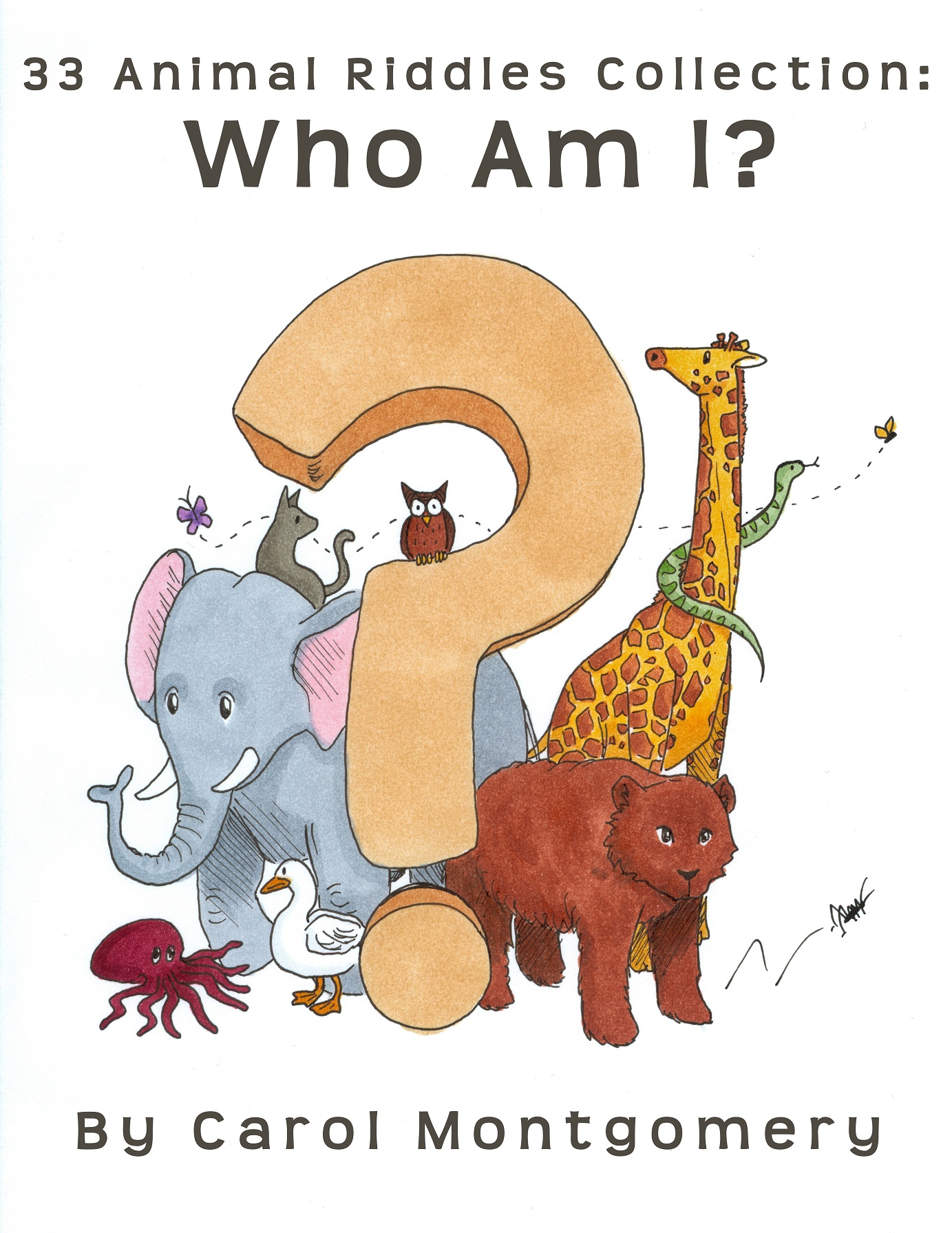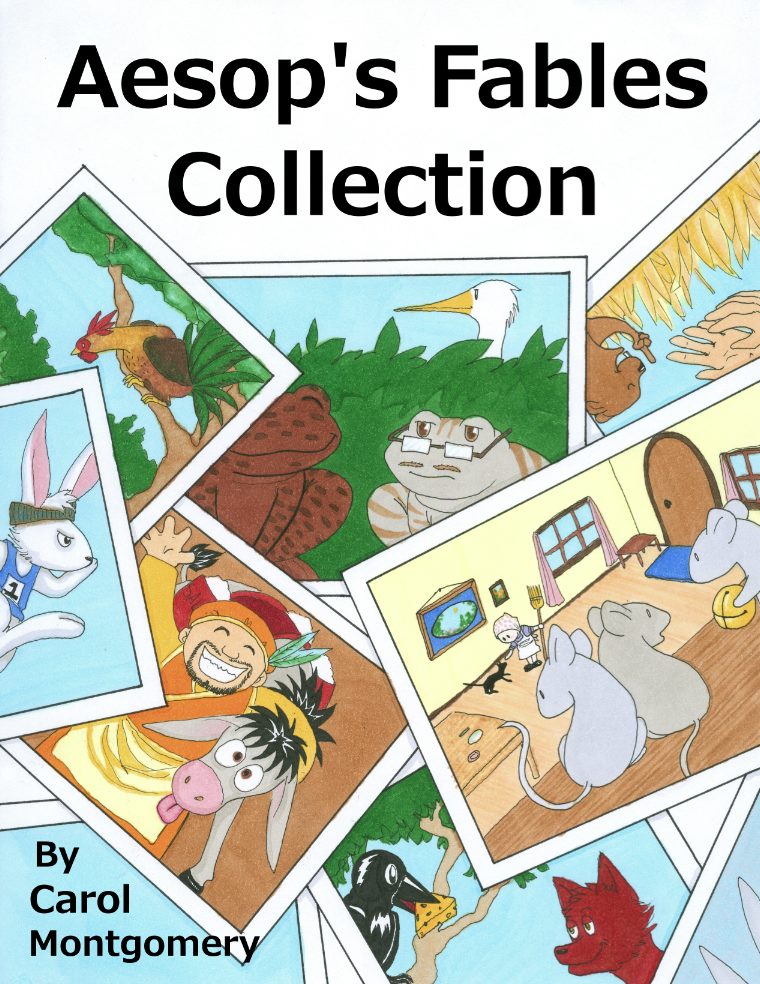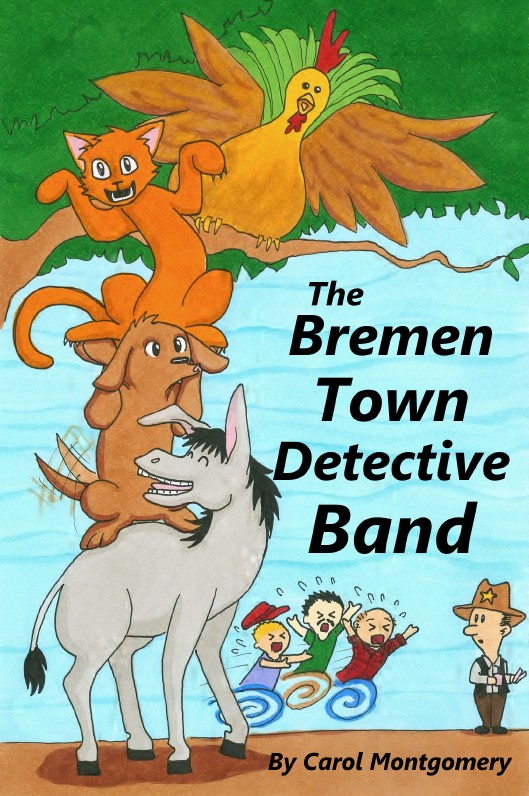publication date: Oct 27, 2010
|
author/source: Carol Montgomery
 Where ARE you? What's going on? What was that noise? Why do parents and teachers ask those kind of questions? Is it because we're just curious or because we're imagining something based on what we've heard? Ah...our imaginations. Readers Theater creates a theater of the imagination that builds key listening skills.
Where ARE you? What's going on? What was that noise? Why do parents and teachers ask those kind of questions? Is it because we're just curious or because we're imagining something based on what we've heard? Ah...our imaginations. Readers Theater creates a theater of the imagination that builds key listening skills.
Listening Skills Built as Part of an Audience
Readers Theater lacks luster without an audience. The readers speak to be heard and understood. The audience pays attention and responds. This is not lazy listening. The audience lives the literature or script. The listeners are involved. That involvement stimulates concentrated listening and the theater of the imagination.
Have you ever listened to radio theater? Have your students? Something special happens when a script comes to life in audio communication. Distractions disappear. Life is forgotten. We are transported for a few moments into another time and place.
I remember several radio dramas our four children listened to when they were young. Every Saturday morning instead of watching cartoons they listened to a whole line-up of radio theater. Some episodes were better than others, but it didn't matter. Each one escorted them as listeners into the theater of the imagination. I don't have a clue if any of the shows are still broadcast anywhere, but here are a few titles I remember our children enjoyed:
• Danger Is the Password
• Ranger Bill
• Jungle Jam
• The Adventures of Raindrop
• Adventures in Odyssey
• Focus on the Family Radio Theater
Listening Skills Built as Part of a Group of Readers
When a group of readers practices or performs a Readers Theater script each reader must listen to the others. Of course that can be a challenge when some readers are not as skilled at oral reading. Yet, it teaches listening skills as readers have to pay attention to the sounds of the words as well as the look of the words. Are they taught to listen for mistakes (miscues) in the reading of others in the group? No. The listeners are encouraged to be active listeners-- understanding and thinking about what is read aloud. Why?
It's easy to get distracted when listening. How many times have you "listened" to a student or even your own child, but your thoughts have been elsewhere? I know I have.
I remember it was hard to "tune in" with great enthusiasm when the boys would give me all the details of historic battles. It was always easier to follow when they told me things in a story because my history teachers were often boring with their focus on facts: read the book, answer the questions, take the test. (Is that because one of my history teachers was also the football coach?) I couldn't imagine the facts, but I could imagine the stories.
When students read Readers Theater in a group, they become part of the story. Because they are involved, they listen. And, with some direction, they can be taught to go beyond the theater of the imagination into the realm of ideas--characterization, motivation, and application to name a few. That launch into ideas builds critical thinking skills...all from listening as part of a group.
Listening Skills Built as a Solo Reader
But, how can you listen when you're alone? Beyond TV, radios, computers, and other technology, students can still be taught to listen to their own voices. Little children are great at this. Many of them practice "pretend play," talking out loud and making noises for the theater of their imaginations. Why do we lose that?
Students need to know that it's a good idea to listen to their own voices--recorded or live. Although some students may balk at the idea, others will relish the fact of not having an audience. Why? Because many students, as well as adults, are afraid of speaking in front of a group of people. One of the best ways to get over that fear is to build the confidence of the speaker. And, one of the ways we can build confidence is through Readers Theater.
So, have your students practice reading their Readers Theater scripts aloud--even if they are alone. Encourage your students to read their own writing aloud--reports, essays, creative writing. Why? It forces them to think about the ideas because they have to listen to the words. It also allows them to edit their own writing more easily. Plus, if they have written things they enjoy, they may laugh and become their own audience. Happy thought.
Where ARE you? What's going on? What was that noise? Why do parents and teachers ask those kind of questions? Is it because we're just curious or because we're imagining something based on what we've heard? Ah...our imaginations. Readers Theater creates a theater of the imagination that builds key listening skills.










.jpg)

